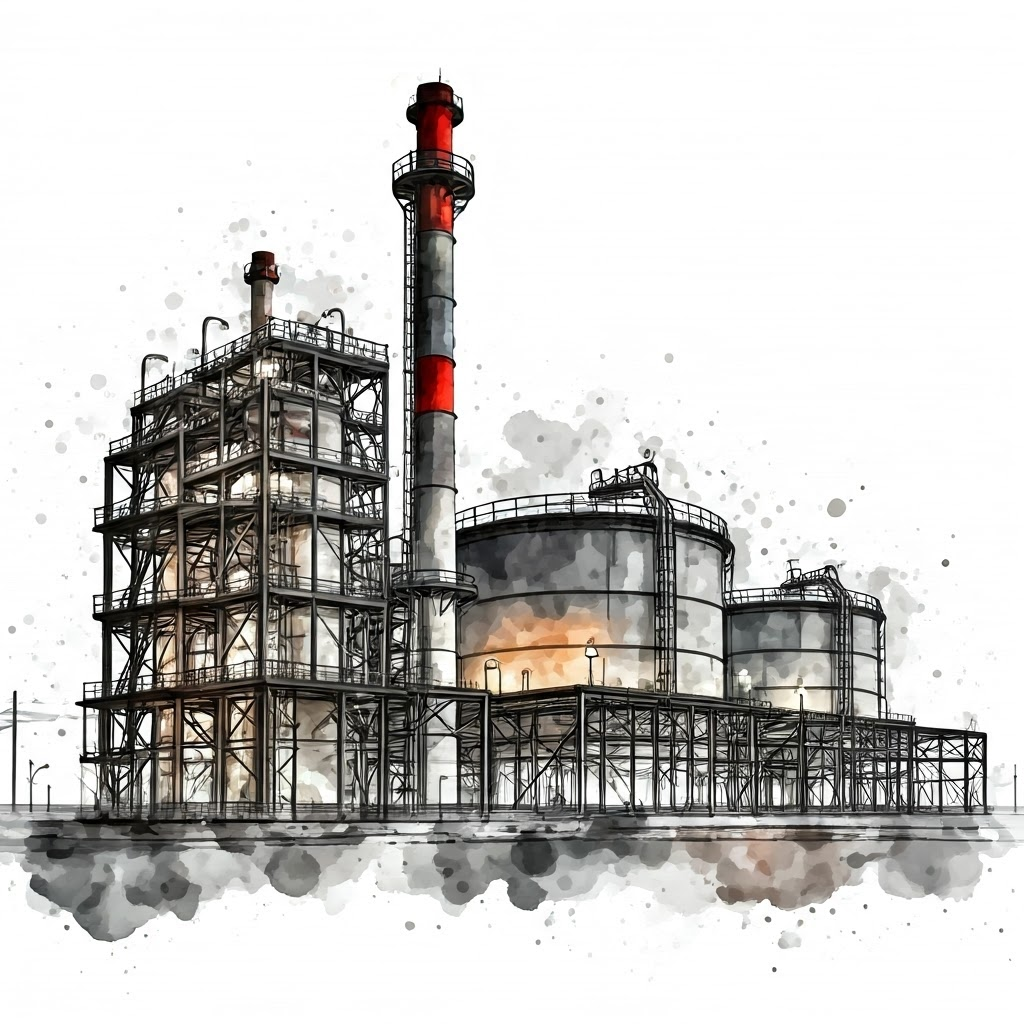Nigeria is at a pivotal moment, poised to become a major force in the global energy market, especially with its vast reserves of natural gas. This article delves into how Nigeria is strategically positioning itself in the liquefied natural gas (LNG) sector, exploring opportunities, challenges, and the path to becoming a global energy powerhouse. The recent World LNG Summit in Berlin underscored Nigeria’s potential and the global push towards energy security and decarbonization.
Key Points:
- Nigeria’s potential as a major LNG exporter
- Strategic partnerships and technological advancements
- Challenges such as infrastructure, funding, and regulatory hurdles
- The importance of community support and environmental responsibility
Nigeria’s LNG Potential: A Sleeping Giant Awakens
With some of the largest natural gas reserves worldwide, Nigeria is not just sitting on potential; it’s on the brink of unleashing it. The World LNG Summit in Berlin highlighted the country’s significant role in the global energy landscape. The summit’s theme, ‘Achieving the Balance Between Energy Security and Decarbonisation,’ is especially relevant for Nigeria, which aims to use natural gas as a key element of its energy plan, championed by President Bola Tinubu. It’s about more than just resources; it’s about Nigeria taking center stage in global energy.
Strategic Partnerships: The Key to Unlocking Nigeria’s LNG Dreams
To fully realize its LNG ambitions, Nigeria needs to forge strong alliances. These partnerships with global producers, tech innovators, and financial institutions will bring crucial investments in necessary infrastructure, like expanded LNG export terminals and better pipeline systems. The focus also needs to be on innovative tech that boosts efficiency and aligns with global sustainability standards. This isn’t just about expanding; it’s about doing it smartly and responsibly.
Tackling the Challenges Head-On
Despite its vast potential, Nigeria faces hurdles. These include infrastructure limitations, funding gaps, and regulatory hurdles. However, there are efforts to reform policies, particularly in host communities affected by LNG facilities. These reforms need to ensure that benefits are equitably distributed and that the communities impacted are supported. Security challenges also need to be addressed, as they directly affect production costs. These hurdles are real, but they are not insurmountable.
The Global Market: Seizing Opportunities in a Changing Landscape
The global LNG market is evolving rapidly, with increased demand in emerging economies and Europe seeking to diversify away from Russian fossil fuels. This provides a golden opportunity for Nigeria, which could become a crucial supplier, especially in Europe’s energy mix. The summit explored new export routes and the chance to secure long-term contracts. It’s all about positioning Nigeria as a reliable and strategic player in the global energy landscape.
Sustainability and Responsibility: Building a Greener Future
Nigeria isn’t just about exploiting resources; it’s about responsible development. The focus on reducing natural gas flaring through advanced technologies is a step towards sustainability. Discussions at the summit highlighted the importance of adopting Environmental, Social, and Governance (ESG) criteria, ensuring development minimizes environmental harm. It’s not just about the money; it’s about doing what’s right for the planet.
The Future of Nigeria’s LNG Sector: A Bright Outlook
Nigeria has the potential to not only become a leading LNG exporter but also a global energy powerhouse. The country needs to leverage its vast reserves, continue to address infrastructure and regulatory challenges, and invest in the latest technologies. With a strong commitment to sustainability and responsible development, Nigeria can secure a significant and influential position in the global energy market. The stage is set, and it’s up to Nigeria to seize the moment and take its place as a leader in the world’s energy future.
The summit also provided a platform for Nigerian companies to showcase their innovations, highlighting the potential for growth within the local LNG sector. Discussions about pricing, supply-demand projections, and market trends are critical for Nigeria to maintain a competitive edge in the market. By focusing on cutting-edge technologies and knowledge shared at this global event, Nigeria can significantly benefit from the opportunities presented.
Furthermore, regional cooperation, especially within ECOWAS and Africa as a whole, is essential for addressing global climate goals. Nigeria must not only adopt regulations that foster cooperation but also work towards developing its indigenous capabilities in LNG infrastructure, which will reduce reliance on foreign expertise.
Key Takeaways:
- Strategic partnerships and technological advancements are vital for Nigeria’s LNG sector.
- Addressing infrastructure limitations, funding gaps, and regulatory hurdles is crucial.
- Nigeria must adopt sustainability practices and ensure responsible development.
- The country can leverage its LNG potential to become a major player in the global market.





